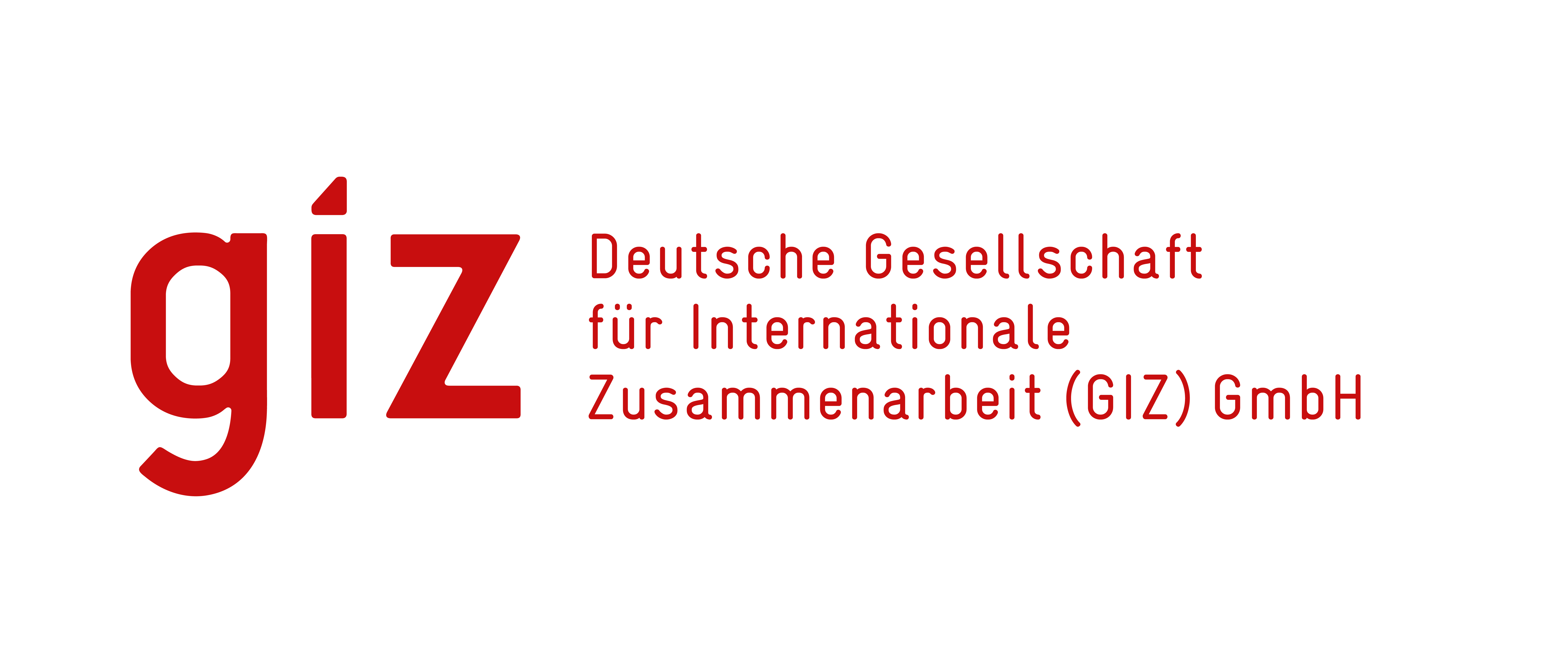Step Off The Gas: New perspectives and opportunities to shift international public finance from fossil fuels to clean energy
While investments and policies are moving away from coal, the key debate is now about ending international support to other fossil fuels, in particular natural gas, in order to respect the Paris Agreement’s goals. As the gas industry advocates for the Global South to expand gas consumption and production, there is an urgent need to avoid locking in a high-carbon future. Instead, there is a huge untapped potential to deploy clean alternatives at scale in the Global South and meet energy access and development needs.
At the G7 Leaders summit in June, countries committed to “phase out new direct government support for international carbon-intensive fossil fuel energy as soon as possible, with limited exceptions consistent with an ambitious climate neutrality pathway, the Paris Agreement, 1.5°C goal and best available science.” But in order to realize this commitment, more public finance institutions and governments must join progressive players in ending public support for oil and gas.
Building on previous announcements and latest research, this event outlined the decisive role that international public finance plays in accelerating the transition from fossil fuels to clean energy in the Global South, noting opportunities and challenges in doing so.
Speakers from civil society, governments, and public finance institutions discussed the conclusions of the Step Off the Gas report and highlighted best practices to move away from fossil fuel finance—including gas—and scale up investments in clean alternatives. They identified necessary steps ahead of COP26 to accelerate progress on this agenda.
After opening words and presentations from the German Federal Ministry for the Environment, Nature Conservation and Nuclear Safety (BMU) and IISD, speakers engaged in a panel discussion on perspectives and opportunities to shift international public finance from fossil fuels to clean energy.
This webinar is hosted by the International Institute for Sustainable Development (IISD) and the Deutsche Gesellschaft für Internationale Zusammenarbeit (GIZ).
Agenda
Opening Remarks
Moderator: Dr. Mike Enskat, Head of Energy, Water, Mobility, Deutsche Gesellschaft für Internationale Zusammenarbeit (GIZ)
Norbert Gorißen, Deputy Director General for International Policy, German Federal Ministry for the Environment, Nature Conservation and Nuclear Safety (BMU)
Presentation of Report Findings
Greg Muttitt, Senior Policy Advisor, International Institute for Sustainable Development
Discussion
Sandra Guzmán, General Coordinator, Climate Finance Group for Latin America and the Caribbean (GFLAC)
John Murton, COP26 Envoy, Government of the United Kingdom
Tomas Anker Christensen, Climate Ambassador, Government of Denmark
Upcoming events
Building Bridges: The State of Nature-Based Investments
Join us for a panel at the Building Bridges conference in Geneva, Switzerland, to discuss the state-of-play of nature-based investments and the potential opportunities they present.
Through Her Lens: Women leading change in sustainable agriculture and market inclusion
Despite the critical role that women play in agricultural production, they still do not have equal access to global agricultural supply chains on terms that benefit them.
A Municipal Perspective on the Value of Natural Infrastructure
This webinar will showcase examples the cost-effectiveness of natural infrastructure from a municipal perspective. Focusing on what municipalities need—what evidence and numbers they rely on, and what tools and planning processes are required to ensure that natural infrastructure is assessed alongside traditional infrastructure for cost-effectiveness.
